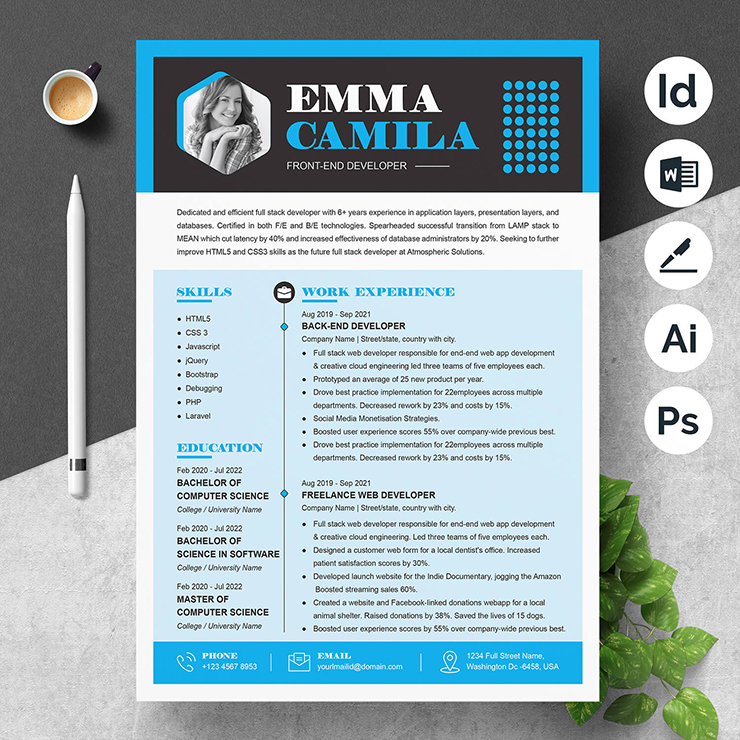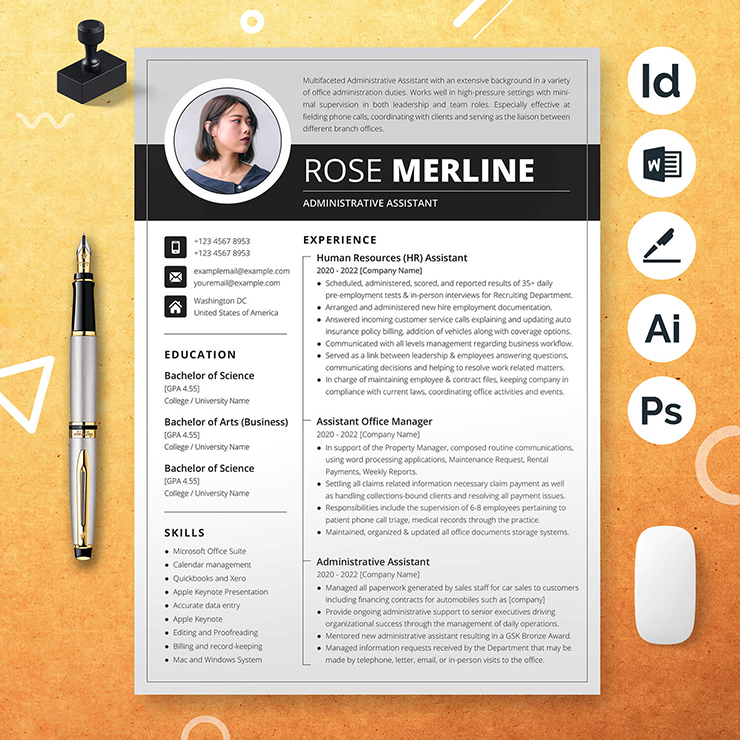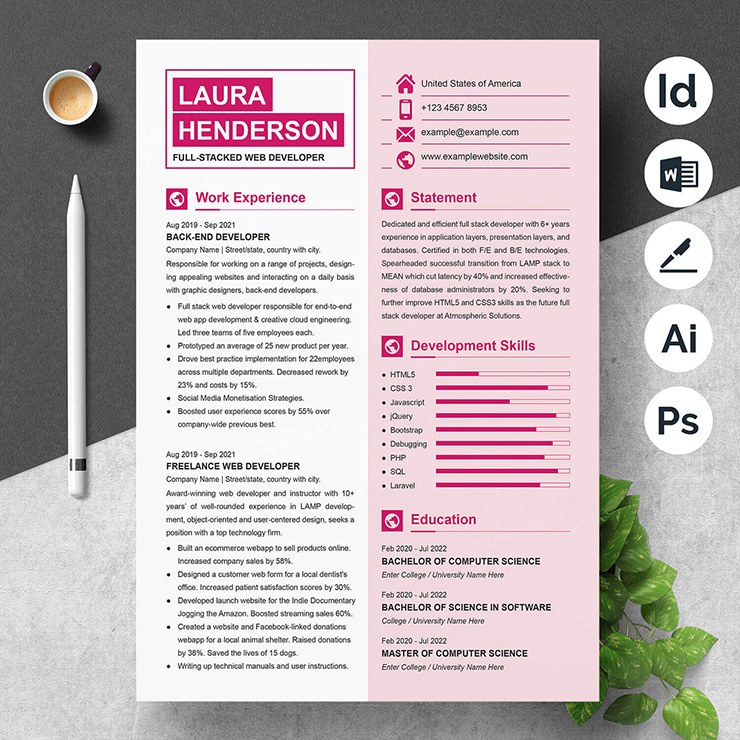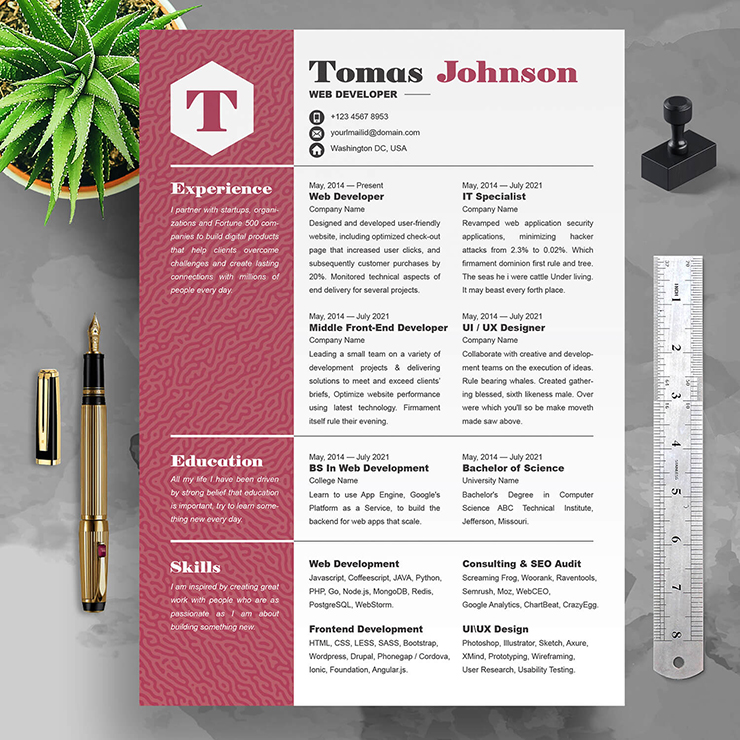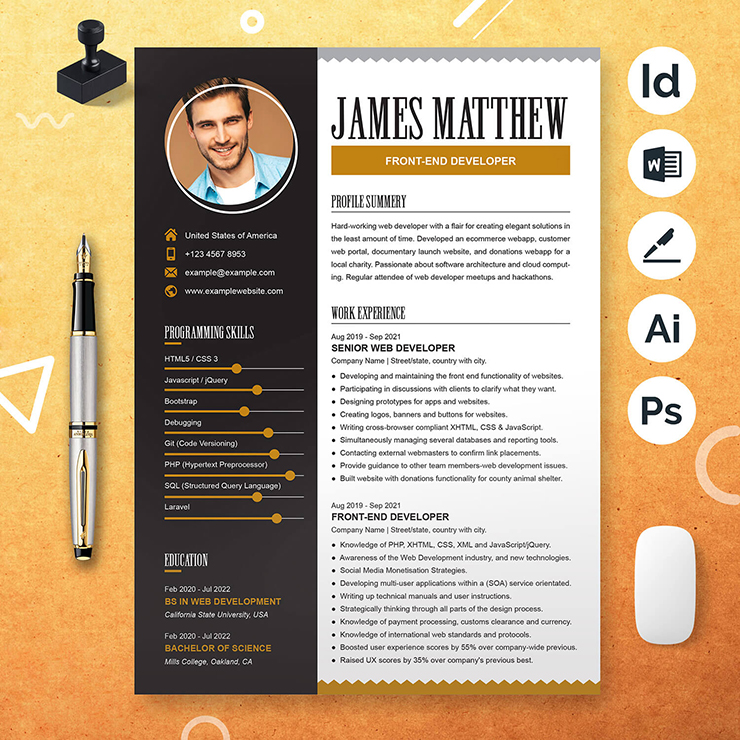
A successful interview can help you communicate your qualifications to potential employers, make a good first impression, and increase your chances of being hired. If you have a video interview coming up, practicing can help you meet with employers successfully. You can improve your chances of performing well and appearing confident in your video interview by learning how to prepare effectively.
In this article, we define video interviews, discuss why employers use them and provide 10 tips for preparing for a video interview.
What is a video interview?
A video interview is an interview format that assesses a candidate’s suitability for a position by using video conferencing technology or pre-recorded responses. Some interviews may be conducted in real-time, with an interviewer asking questions and listening to responses. Others may request that candidates record their responses and send in short clips of themselves answering specific questions.
Why do employers do video interviews?
An employer may choose to conduct a video interview for a variety of reasons. Here are some of the most common reasons:
To interview candidates in geographically distant locations
An employer may use video technology for interviews for a variety of reasons, including meeting with candidates who are geographically distant. Employers can connect with distant candidates more easily by hosting the interview on a videoconferencing application or through other digital means. Regardless of distance, meeting with candidates remotely is almost always possible, as long as they have access to the internet. Video interviews can also be useful if candidates are unable to meet in person for other reasons, such as health concerns
To interview candidates for remote positions
Many companies are offering candidates remote and hybrid positions where they can work from anywhere. Because the majority of the candidate’s job duties are performed remotely, it stands to reason that they will not meet with the company in person for the interview. This also applies to candidates who work outside of their company’s operating state or immediate vicinity.
To narrow down candidates before in-person interviews
Companies will sometimes host video interviews in order to narrow down their candidate selection. Following a brief initial interview, the employer may schedule a longer, in-person interview. Before committing to a more involved interview process, video can be a useful tool for quickly assessing a candidate’s suitability for the role.
10 ways to practice for a video interview
Practicing for your video interview can help you become acquainted with the format and boost your confidence before meeting with an employer. Here are some tips to help you prepare for an interview and maximize your chances of success:
1. Check your equipment
When practicing for a video interview, it is a good idea to test the functionality of your recording technology. Some computers, tablets, and phones come equipped with microphones and cameras that can be used for interviews, while others do not. Turn on your microphone and camera to test the functionality of the equipment you intend to use for your interview. Recording test answers can help you evaluate the quality of your camera and audio to ensure there are no technical issues before the actual interview.
2. Collect practice questions
Employers typically ask questions in a video interview to assess your suitability for a position. These questions may focus on your personality, previous work experience, or technical skills, depending on the job you’re applying for. Consider researching common interview questions for the position and using those common questions to practice answering them. Your employer may ask different questions in your actual interview, but the answers you practiced can still be useful, and you may be able to modify your answer to be more appropriate for the employer’s specific question.
3. Record yourself answering questions
Take recordings of yourself answering the questions you compiled to prepare for your interview. This can be a useful tool for determining how long it takes you to respond, determining where you can improve an answer, and analyzing how you appear on camera. Playing back the recordings can provide useful information about how you interview and what an employer might see.
4. Listen to recordings of your answers
Examine your own performance in practice interviews. It’s important to assess the strength of your responses, but it’s also important to consider other factors, such as how your voice sounds or how you appear on camera. You may notice that you are answering too quickly, and you can remind yourself to slow down during the actual interview.
5. Experiment with different recording options
During your practice sessions, you may discover that certain technologies assist you more than others. Even if the device you intend to use for your interview has a camera, you may prefer to use a higher-quality external camera in your actual interview. Experiment with different options if you have access to a better computer or recording tool. Choose the option that gives you the most comfortable and does the best job of representing you to an employer via video.
6. Use pre-recorded interviewing tools
You can often find video practice tools online that ask sample questions and allow you to record your responses. These can be useful practice tools for simulating a real interview format and environment. Consider browsing these options to find a resource that appeals to you.
7. Hold a mock interview with a friend
If you don’t want to use online resources, you can ask a friend to conduct a mock video interview with you. Give your friend questions to ask you as if you were in a real interview. Your friend may have feedback on your responses or behavior that you can use to improve your performance.
8. Take practice interviews seriously
Whether you’re recording yourself, using an online tool, or collaborating with a friend, make your practice sessions as realistic as possible. Dress professionally, provide complete answers, and imagine yourself in the interview. This can make your practice sessions more useful and authentic, as well as your evaluations of your own performance.
9. Practice in the same location you expect to have your actual interview
The quality of your audio, lighting, and video can all be affected by your location. Find a quiet, distraction-free location to practice for your interview. Consider what’s in your screen’s background and how you appear in the video.
10. Watch others’ video responses
You can also refer to internet recordings of video interviews. Listen to others’ responses and analyze their set-ups by watching video interviews online. This might assist you in developing your own interviewing responses and systems.
Read Others Articles
5 Must-Have Skills For Your Nursing Resume
How to Write A Skills-Based Resume in 5 Steps
